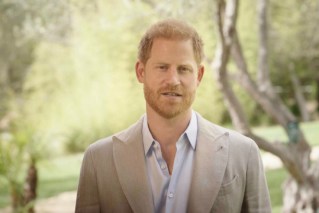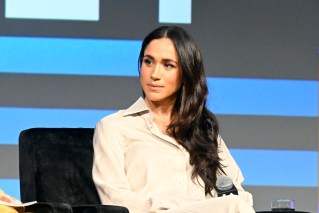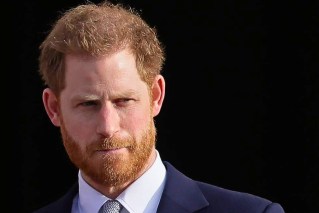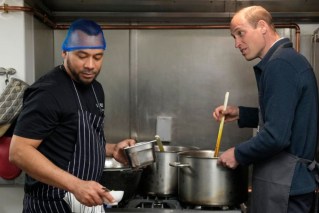The ‘experimental’ concept of grouping students by ability instead of age divides experts

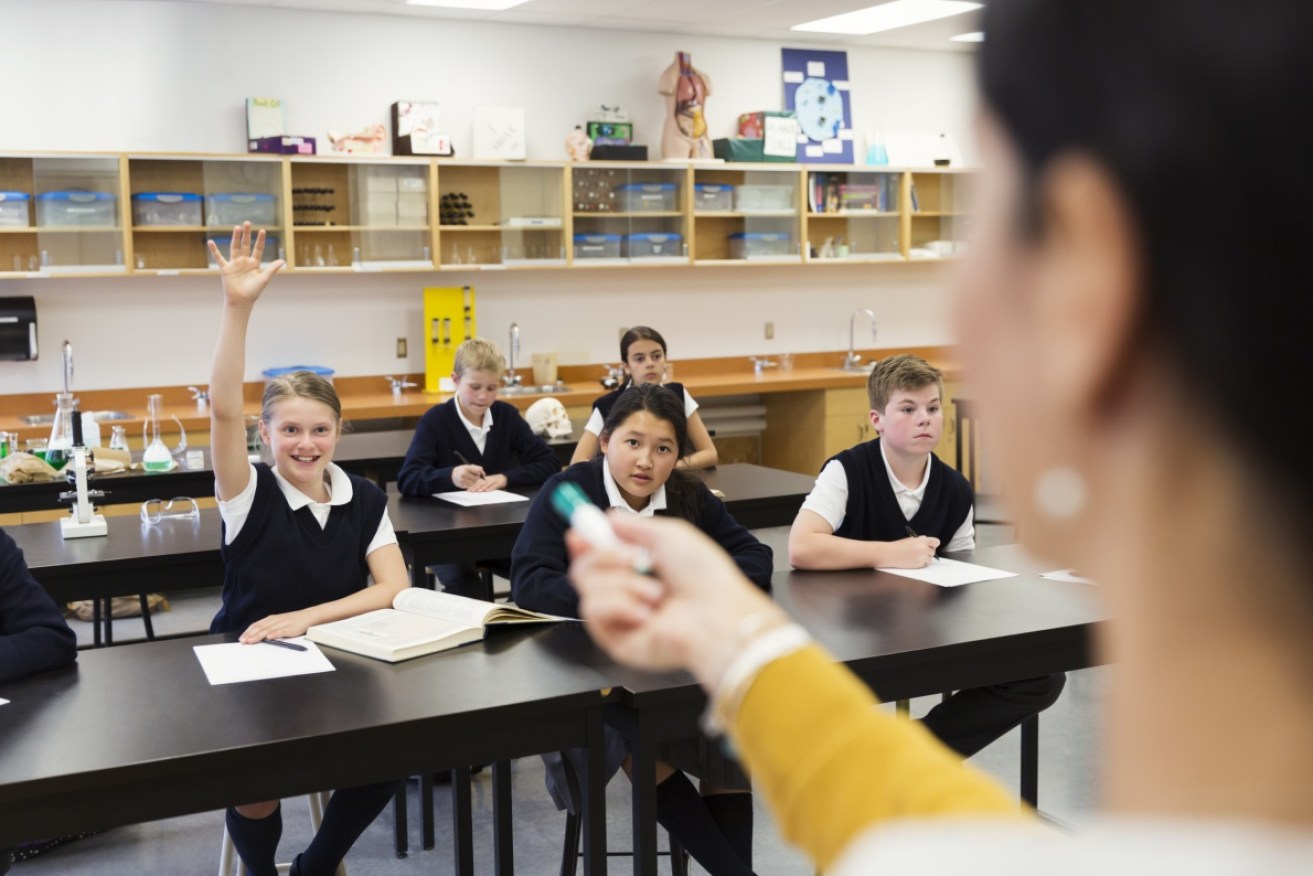
Education experts have warned against grouping students by academic ability. Photo: Getty
A Melbourne school has scrapped age-based classes and given students free rein to assign themselves to whatever year level they feel best meets their ability.
Students at Templestowe College – a public secondary school in Melbourne’s eastern suburbs – are grouped according to their skill or ability level, rather than their age.
“Entry students” (Year 7’s) must study four core units – English, maths, science and health/physical education – with other similar-aged students, and can begin to familiarise themselves with other mixed-aged students by choosing two units from their 130 different electives.
From Year 8 onwards, students have complete control over the course load and can work at a level they feel is best suited to their ability. A class can include anyone from 13 to 18 years of age.
Principal Pete Ellis said 20 per cent of Year 8-aged students took a VCE unit in 2017 and passed.
“Anything is possible”, Mr Ellis said.
But Dr Rachel Wilson, a senior education lecturer at the University of Sydney, said research into the effectiveness of dividing students by ability is “at best, equivocal”.
“A school that’s thinking of moving that way is doing something that’s experimental.
“It is certainly not clear that it improves students’ performance.”
In 2012, The Organisation for Economic Co-operation and Development (OECD) analysed the education systems of 39 developed nations.
Countries that organised students into ability groups at an early age tended to have higher school-dropout rates and lower levels of achievement, the OECD study found.
In 2014, the Institute of Education in London analysed the progress of 2500 primary-school-aged students and found those in the lower streams made significantly less academic progress than those who were taught in all-ability classes.
Principal Mr Ellis said Templestowe College introduced stage-based learning across all subjects in 2014 and found many students were picking subjects at a level that exceeded their ability.
“It was like a badge of honour do the subjects that were higher up.”
That year, Templestowe College implemented course counselling services for students so that they could make well-educated decisions about their right level of learning, he said.
They’re making the right decisions now … student happiness is through the roof.
“If you’re in the class and you’ve found that you’ve made that wrong choice, and the work is too difficult … you can actually just then change into the right level.
“Because subjects aren’t called Year 9 maths or Year 10 maths and they’re mixed-aged, the stigma isn’t there that once was about going into a class that maybe isn’t your age.”
The Victorian Department of Education does not have a direct role in the registration, administration or operation of schools, a spokesperson said.
It therefore holds no data on the number of schools that have removed age-based classes.
Kananook Primary School in Melbourne’s southern suburbs and Oran Park Public School in Sydney’s south-west also runs “stage-based classes”, but neither responded to requests for comment.
Dr Wilson said a “radical change” in schooling may send students the wrong message.
“Certainly being grouped into ‘gifted and talented’ or ‘not’ suggests to a student that they may have some sort of limited ability or that their ability is fixed somehow,” she said.
“What we’re trying to do in education is to convince students of how their abilities are not fixed, that there is always room for growth.”
Dr Vicki McKenzie, from the School of Education at the University of Melbourne, said streaming by ability “puts a limit on the progress that teachers might expect”.
“There’s not much variation, there’s not much stimulation to progress, and there are expectations built up because they’re all in a particular group.”
Dr McKenzie said teachers can cater for the children in their class irrespective of their academic abilities.
Professor Geoff Masters, chief executive of the Australian Council for Educational Research, said in any given year of school, the most advanced 10 per cent of children are about five to six years ahead of the least advanced 10 per cent of children.
“To assume that most children are ready for the same kind of learning activities is often a mistake.”
Under traditional age-based learning approaches, “the most advanced students are not being adequately challenged by the expectations of the year level and the least advanced students are often presented with learning activities that are so far in advance of them that they’re not able to engage with them properly”, he said.

